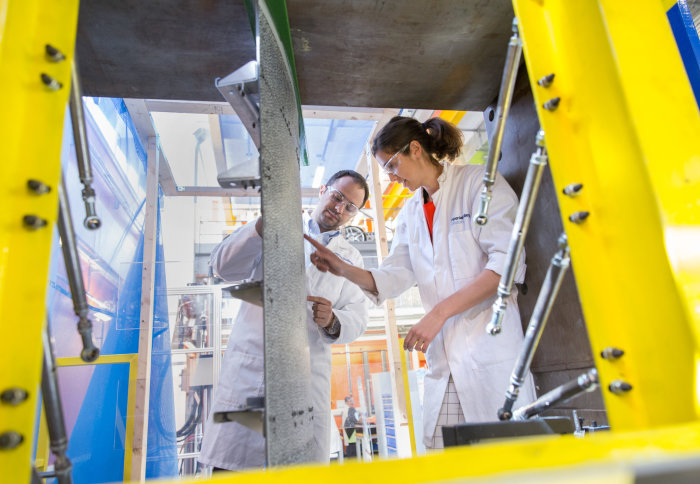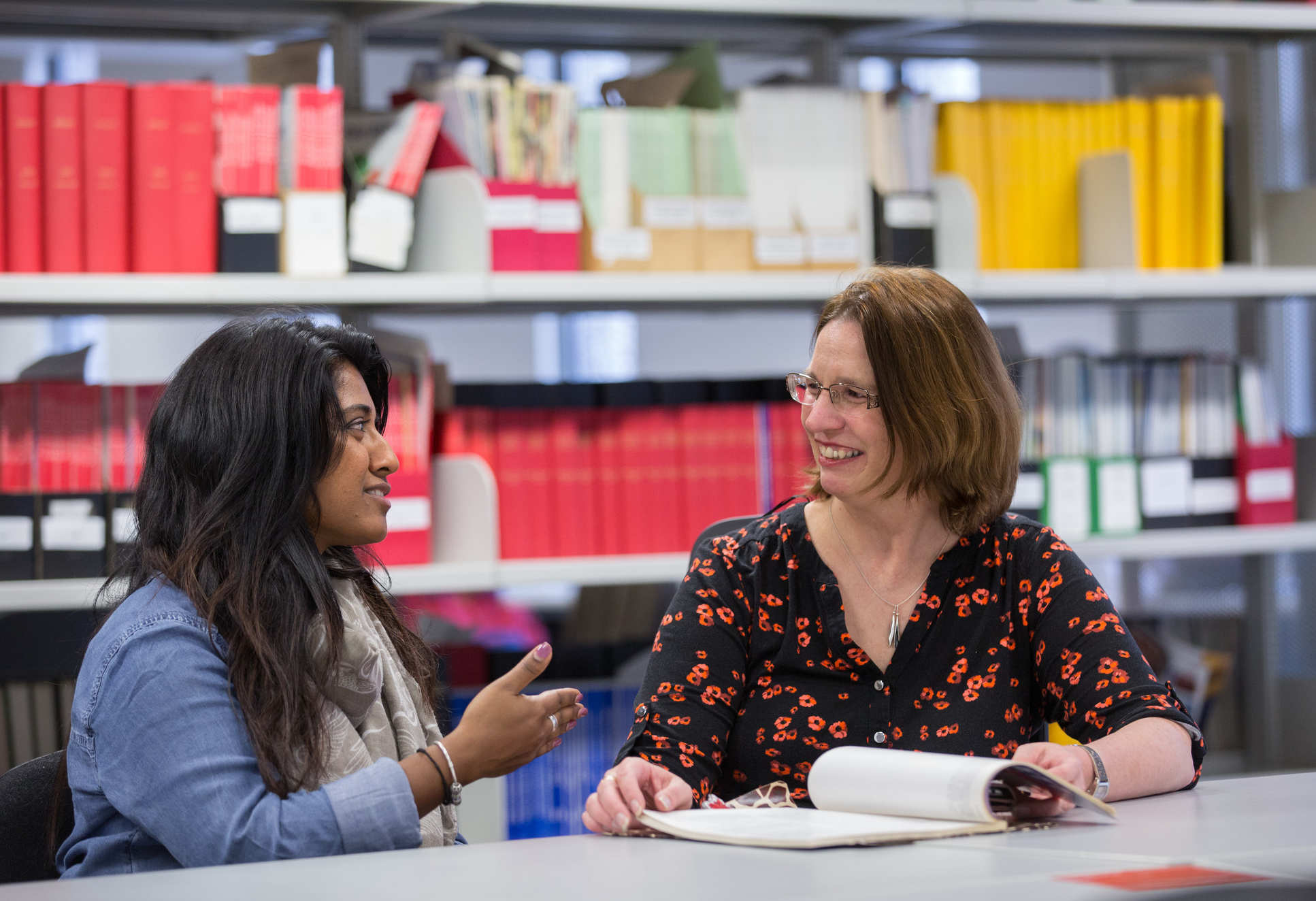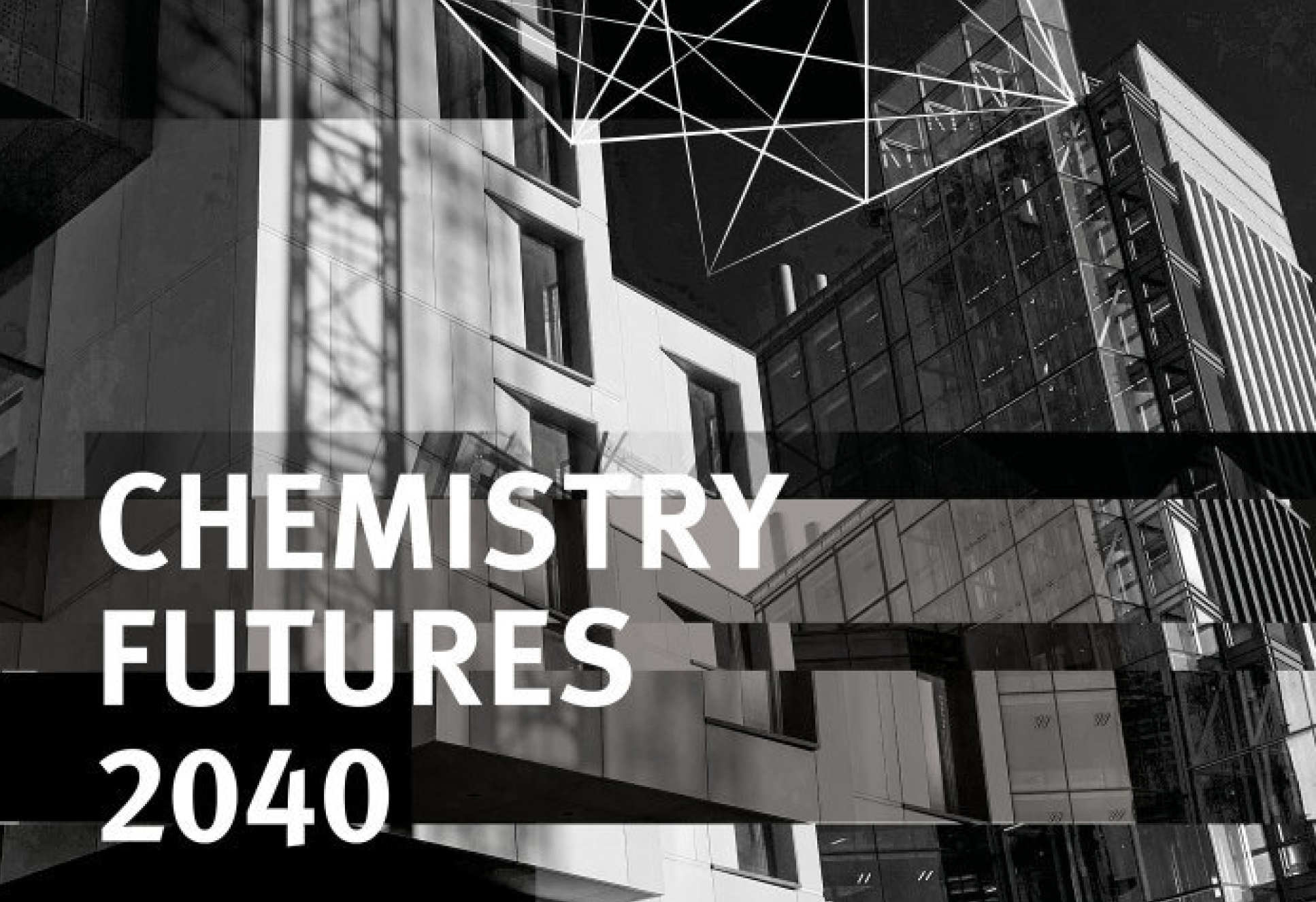President's Fund pushes education and research excellence further
by George Hope

The President's funds, partly funded through generous donations to Imperial, are supporting ground-breaking education and research at the College.
Below are just some of the exciting projects and exceptional scholars that donors have helped, through unrestricted donations to Where the need is greatest.
Excellence Fund for Learning and Teaching Innovation
The 2018/19 Excellence Fund for Learning and Teaching Innovation has funded projects specifically focussing on diversity. A key part of Imperial's Learning and Teaching Strategy is to promote an inclusive culture in the classroom.

By committing themselves to change, these inspiring colleagues are making significant strides forward in contributing to Imperial’s efforts to consider diversity and equality in everything we do. Professor Simone Buitendijk Vice-Provost (Education)
One project called IMPACTS aims to strengthen Imperial students’ presentation and critical thinking skills. Another is promoting inclusivity and gender balance in robotics teaching and exploring how culture and gender can be part of the diversity and relevance of robots among different user groups.
Another project, from the School of Public Health, is looking at how we often rely on scientific research from institutions in higher income countries, with research from partners in low and middle-income countries being at a significant disadvantage.
You can read more about the exciting education initiatives here.
European Partners Fund

Imperial is a European university with global reach: collaborating across borders with people from different backgrounds, cultures and nationalities is what drives the world’s best universities.
The European Partners Fund provides up to £100,000 per year for Imperial academics to initiate and pursue collaborations with European colleagues in a range of research areas, including data, engineering and health.
Imperial has consistently been named the UK’s most international university. We will keep supporting European and global collaborations. Professor Nick Jennings Vice-Provost (Research)
For example, Dr Yves-Alexandre de Montjoye from the Department of Computing is collaborating with Université catholique de Louvain in Belgium to ensure we make the most of the availability of large-scale data and the opportunities it provides, without sacrificing people’s privacy. The paper funded by the collaboration was recently published in Nature Communications.
More detail about this project and others is available here.
Excellence Fund for Frontier Research
The Excellence Fund for Frontier Research has been established to support frontier research, which is risky and often works across traditional disciplinary boundaries. Below are just two of the exciting projects to benefit from this fund.
TACKLING HIV
One of the key parts of the immune system is a type of white blood cell, the T cell. Invariant natural killer T cells, or iNKT cells, play an important role in looking out for tumours and killing malignant cells and cells invaded by pathogens such as viruses.
A team led by Professor Anastasios Karadimitris in Medicine is proposing to develop a novel treatment for HIV by triggering iNKT cells to kill the HIV infected cells, keeping the virus at undetectable levels.
TRAVELLING TO MARS

In the Department of Aeronautics, Dr Matthew Santer and Dr Paul Bruce are developing a deployable Martian lander system for human missions to Mars in order to land safely in the incredibly thin Martian atmosphere.
The team is engineering deployable umbrella-like structures to act as friction brakes and slow the spacecraft for landing. Using advanced computer modelling, they will design and manufacture a large-scale, fully-functioning flexible spacecraft model, and test it in Imperial’s wind tunnels and flight arena.
Bringing the future to life with Tech Foresight
Chemistry Futures 2040 was a visionary future-gazing conference curated by Imperial Tech Foresight. The event explored how chemistry can meet societal challenges like healthy ageing, climate change and food security through academic presentations, creative workshops and industry keynotes. It also explored how the discipline itself could develop in the coming decades.

This event also marked the launch of the Molecular Sciences Research Hub (MSRH), a crucial part of the vision for Imperial College London’s White City Campus. The event highlighted how this unique building facilitates new entrepreneurial possibilities and showcased the latest generation of innovators with an exhibition of the work that will transform the future of chemistry.
Thank you
Thank you to our donors who make work like this possible. To donate to Imperial to support work like this and much more, visit our Giving website.
Article text (excluding photos or graphics) © Imperial College London.
Photos and graphics subject to third party copyright used with permission or © Imperial College London.
Reporter
George Hope
Office of the President